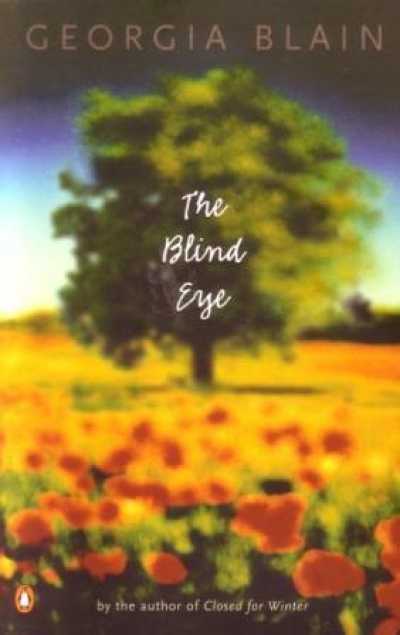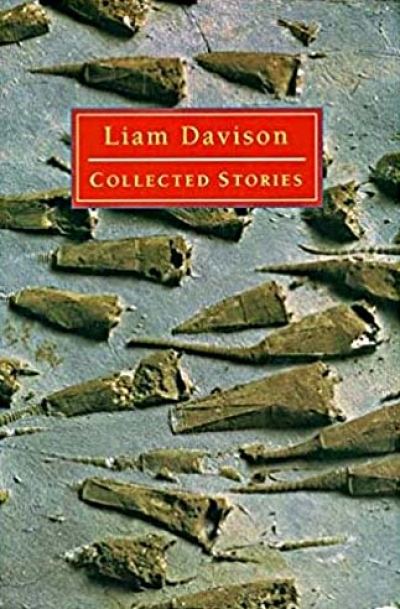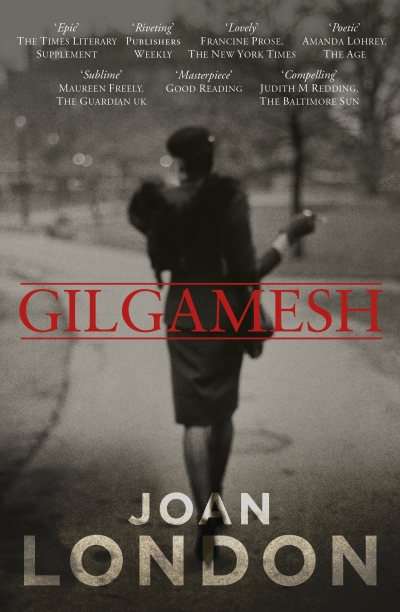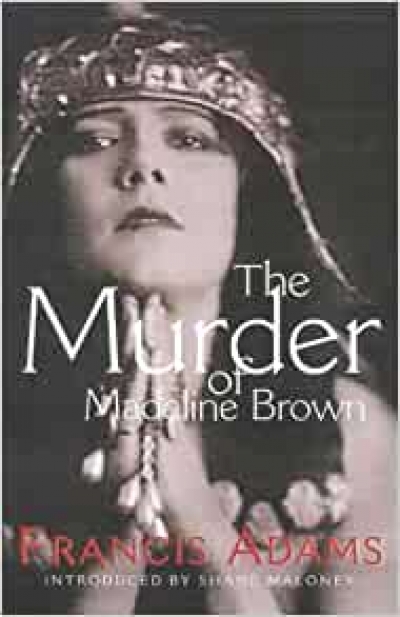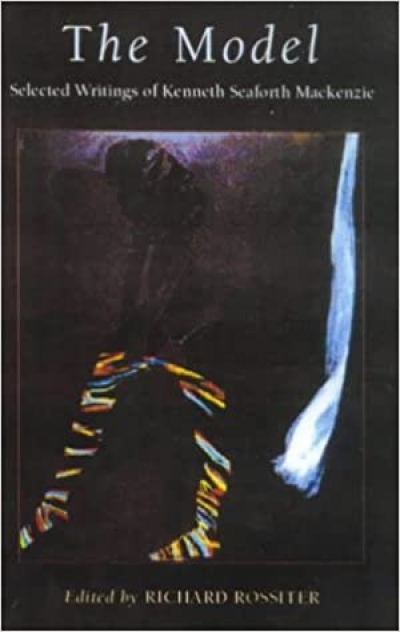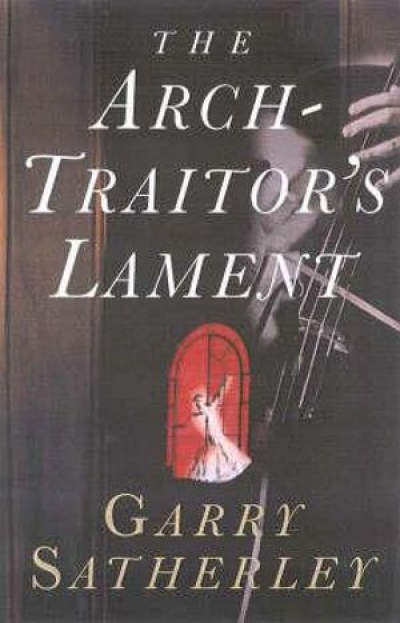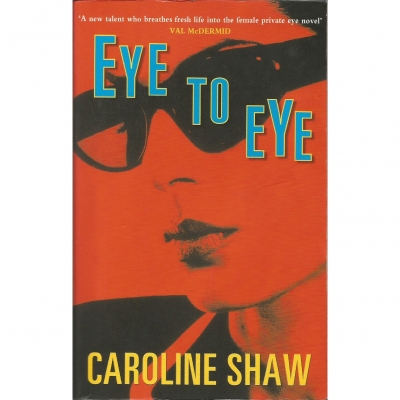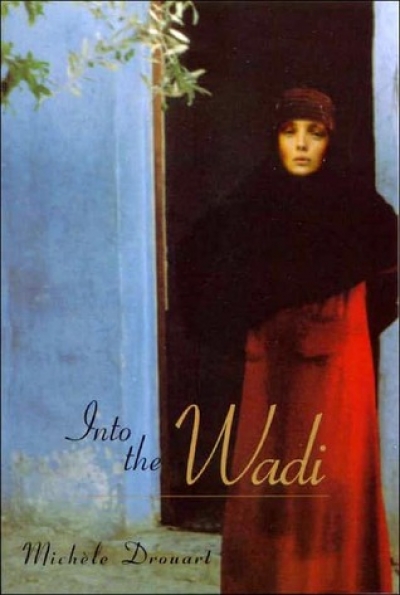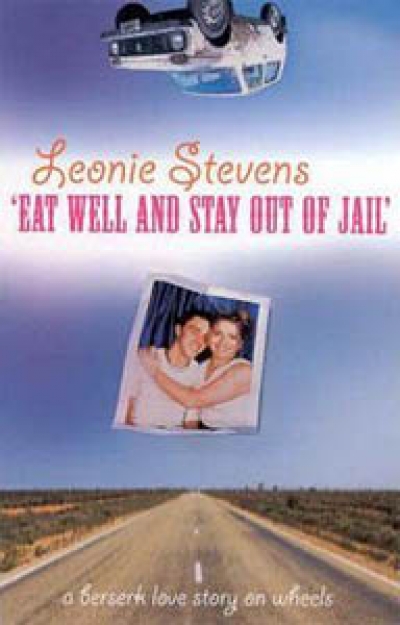The note from Text’s publicist read: ‘Hope you enjoy this.’ I did. I did. (I read it twice.) The note continued: ‘There’s no other Australian novel quite like it.’ I couldn’t quite bring myself to agree with that. Garry Satherley’s (as in ‘satherley buster’, no doubt) first novel suggests, to my perhaps over-convoluted consciousness, Murray Bail’s Homesickness, Anthony Macris’ Capital: Volume 1, Glenda Adams’ Dancing on Coral and, drawing a long bow, Henry Handel Richardson. I will let Text Publishing and anyone else interested chase up the resemblances, which are casual rather than causal. That The Arch-Traitor’s Lament more pertinently suggested to me Czech novelists such as Josef Škvorecký and Ivan Klíma, for example, was a different matter, they not being Australian, and they have earned their right to their political fictions on the decks of those two dreadnoughts, hardship and censorship. That was my grumpy not-quite-convinced first reading. My second reading convinced me that Satherley was doing something quite different from the Iron Curtain callers. He was writing an Australian novel (well, he was born in New Zealand, but we are masters of ethnic appropriation across the Tasman) with European facts and fictions as pan of its subject matter.
...
(read more)

